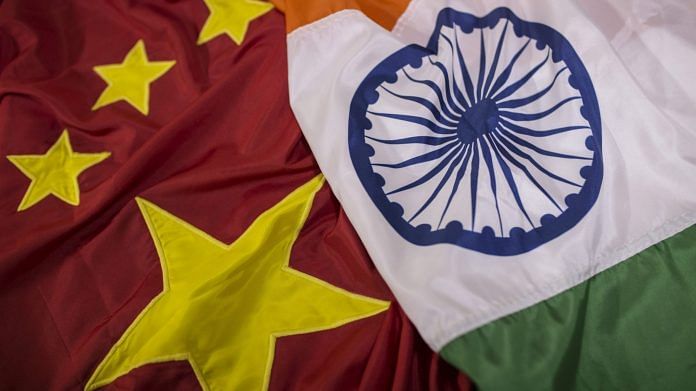New Delhi: India on Thursday said it expects China to work with it sincerely for ensuring “complete disengagement and de-escalation” in eastern Ladakh as decided by the Special Representatives of the two countries last month.
External Affairs Ministry Spokesperson Anurag Srivastava while replying to questions on the face-off in eastern Ladakh referred to decisions taken by National Security Advisor Ajit Doval and Chinese Foreign Minister Wang Yi on complete disengagement of troops along the Line of Actual Control(LAC) during their telephonic talks on July 5.
Doval and Wang are Special Representatives for boundary talks.
“The two Special Representatives had agreed that early and complete disengagement of the troops along the LAC and de-escalation from India-China border areas in accordance with bilateral agreement and protocols and full restoration of peace and tranquility was essential for the smooth overall development of bilateral relations,” Srivastava said.
He said India remains committed to this objective.
“We also expect that the Chinese side will work with us sincerely for complete disengagement and de-escalation and full restoration of peace and tranquility in the border areas,” he said.
Asked whether India was reviewing operation of China’s Confucius Institutes in India, he said the government has laid down specific guidelines for such centres and indicated that any violation of norms may invite action.
He said the MEA had in 2009 issued detailed guidelines for establishment and functioning of foreign cultural centres and these norms apply to any cultural centre that is supported or sponsored by an autonomous foreign organisation, including any Confucius Centre.
“Under these guidelines, approval of MEA is required for any MoU/agreement that such centres might wish to enter into with an Indian organisation. Naturally, if any Indian institution were to enter into or has entered into an arrangement which would come under the purview of these guidelines, then it would require the approval of the government,” he added.
“And as a corollary if the approval was not taken when establishing such centres then it was not in conformity with the guidelines,” he added.
Amid China’s aggressive posturing along the LAC, India has initiated several measures against Chinese entities.
In June, the government banned 59 China-based apps. It was followed by a ban on 47 more Chinese apps which primarily acted as clones of some of the banned apps.
Also read: What PLA’s India specialist officer said in 1962 gives us a clue to how China thinks



